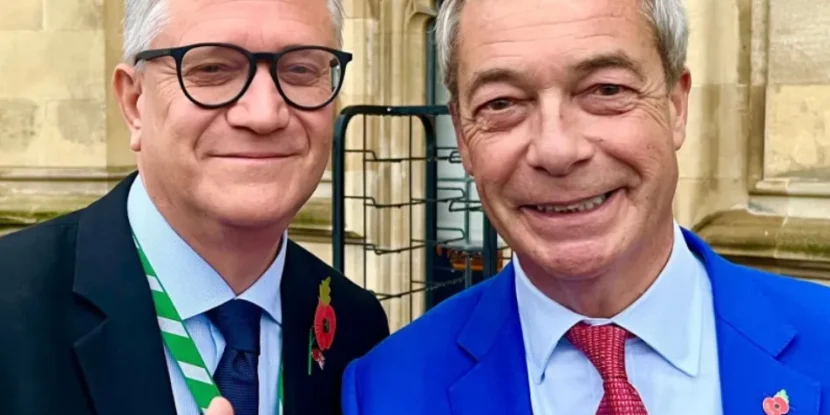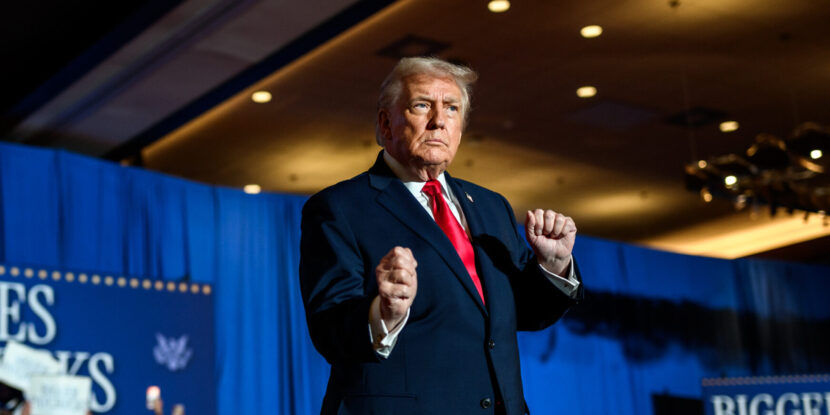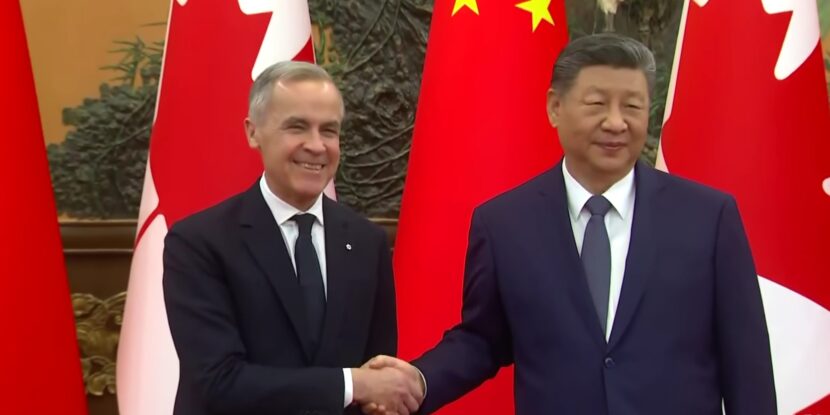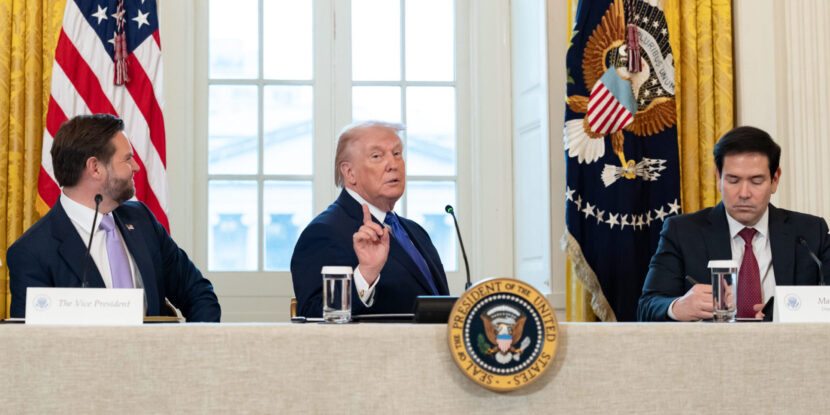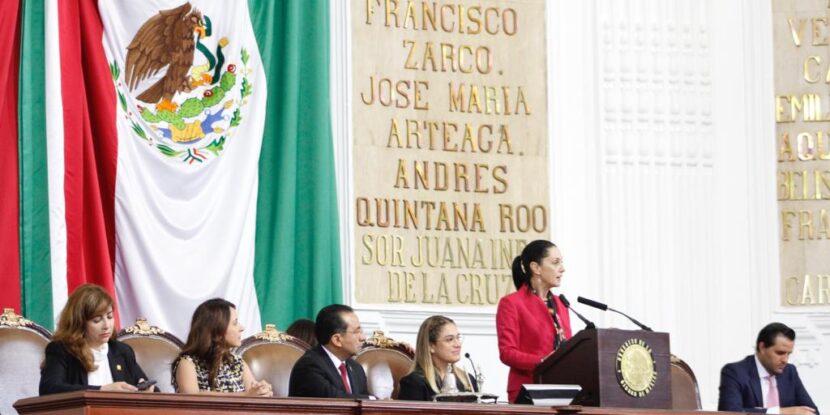Results in the European Parliament elections across 27 European Union (EU) member states are mostly in, with the biggest news being the shellacking of Emmanuel Macron’s Renaissance Party by Marine Le Pen’s National Rally in France. With his party having received only around half as much support as Le Pen’s party, President Macron has called a snap election, commencing at the end of June—a battle the former Rothschild banker is better equipped to fight on short notice than the populist leader, given his support from the corporate media and donor class.
Despite no truly earth-shattering populist breakthrough in Europe beyond France, as discussed by Raheem Kassam, Editor-in-Chief of The National Pulse, on Sunday, France was not the only point of interest in the European elections.
GERMANY.
The EU is often said to be driven by a Franco-German axis, and the German government was also shaken on Sunday. While the populist Alternative for Germany (AfD) party did not achieve as much support as Le Pen’s National Rally—which may form an alliance with the smaller right-populist Reconquest Party in the snap election, according to Marion Marechal—it placed ahead of the Chancellor Olaf Scholz’s Social Democrats, and far ahead of his coalition partners in the far-left Greens and neoliberal Free Democrats.
The 13.9 percent secured by the Social Democrats is its worst result in a national election since the end of the Second World War. Support for the far-left Greens has halved in five years. Before Scholz became Chancellor, the “center-right” Christian Democratic Union (CDU) under Angela Merkel had led the government for four consecutive terms, and its dire European results indicate it is likely to end up back in opposition after a single term.
The CDU, which topped the polls, is not a true conservative party, with Merkel governing as an open borders globalist despite winning support by declaring multiculturalism had “utterly failed” in 2010. Still, the party contains factions that are stronger on immigration, and these are likely to be empowered by the success of AfD, with the CDU forced to adopt more populist policies to stave off their ascent.
The German results speak to a growing divide between liberal former West Germany and ex-communist former East Germany, with the East being much more supportive of the AfD than the West.
Still two countries: how Germany voted. (Black=Union; blue=AfD). pic.twitter.com/OUCM82ijcr
— Tom Nuttall (@tom_nuttall) June 10, 2024
BELGIUM.
While Macron has called a short-notice national election to try and reassert his authority after a heavy loss in the European elections, Alexander De Croo, the globalist Prime Minister of Belgium, has flat-out resigned. His Flemish Liberals and Democrats party (Open VLD) was hammered at the ballot box, crashing to 5.8 percent support.
The so-called “far-right” Vlaams Belang (Flemish Interest), which sits with Le Pen’s party in the Identity and Democracy euro-group in the European Parliament, achieved modest gains to place first overall. New Flemish Alliance, a more “moderate” but still populist-leaning party, which sits with the also more “moderate” but still populist-leaning European Conservatives and Reformists (ECR) euro-group, was a close second.
Both are anti-mass migration, eurosceptic parties that support breaking Belgium up into Flemish-speaking Flanders and French-speaking Wallonia, spelling trouble for a small nation that boasts outsized significance in the EU as the seat of its de facto capital of Brussels.
Belgium, European Parliament election:
100% of the vote counted
VB-ID: 14.5% (+2.4)
N VA-ECR: 14.0% (-0.2)
MR-RE: 12.7% (+5.6)
PVDA PTB-LEFT: 10.7% (+2.3)
CD&V-EPP: 8.3% (-0.9)
Vooruit-S&D: 8.0% (+1.5)
PS-S&D: 7.5% (-2.2)
Groen-G/EFA: 6.3% (-1.5)
Open VLD-RE: 5.8% (-4.3)… pic.twitter.com/hIPCG7AffJ— Europe Elects (@EuropeElects) June 10, 2024
POLAND.
At first glance, the results for the populist right in Poland were not good. The national conservative Law and Justice (PiS) party, which lost office to a globalist coalition after two terms in government last year, came second. It is the first time the party has placed second in a national election, including the last national and the recent local elections, since 2014, being eked out by Prime Minister Donald Tusk’s Civic Coalition (KO) by around one percent.
However, the even more overtly populist Konfederacja (Confederation) party moved into third place, tripling its support compared to the last European election in 2019. While its share of the vote, at a little under 13 percent, may seem low overall, Confederation appears to have room to grow. It is the most popular party among Poles aged 18-29, with over 30 percent support.
Lewica (the Left), one of Tusk’s coalition allies, lost over half its support compared to 2019.
VISEGRAD PLUS.
The picture across the rest of the Visegrad—Czechia, Hungary, Poland, and Slovakia—was also mixed.
Hungarian leader Viktor Orban’s party placed first, but with less support than in 2019—although after four consecutive terms in office nationally, any government would likely be losing some support at this point in its life cycle.
Slovak leader Robert Fico, recovering from an assassination attempt he has blamed on the globalist opposition and corporate media linked to George Soros, gained nine points compared to 2019, but placed second overall. Fico’s coalition partners, the relatively new Republika and Hlas parties, also gained around 12.5 and 7.2 percent. Republika gained just 0.2 percent in 2019, and Hlas did not even contest the last European election.
In Czechia, populist former prime minister Andrej Babiš’s ANO party won the European elections for the third time in a row, with increased support. Perhaps more interestingly, the populist Přísaha and Motoristé (Oath and Motorists) coalition secured a surprise third-place finish, with their colorful leader Filip Turek—a former racecar driver—promising to show up to the European Parliament in a car with a “large carbon footprint.”
Austria, which is not a Visegrad member but aligns with the Central European mini-bloc when the populist right is in the ascendant in Vienna, produced perhaps the most positive results, with the “far-right” Freedom Party (FPÖ) roughly doubling its 2019 support and placing first. Party leader Herbert Kickl is already pressing Le Pen to let the AfD back into the Identity and Democracy euro-group, with the German populists having been ousted after an embarrassing gaffe involving a qualified defense of the Waffen SS. Nationally, the FPÖ wields more influence than the AfD, with the CDU-like Austrian People’s Party being willing to form coalitions with the Austrian populists in order to govern.
IBERIA.
Spain’s populist Vox party continued its rise, hitting 9.6 percent support—up from 1.6 percent in 2014 and 6.2 percent in 2019—to place third overall. The establishment right Partido Popular (PP) also made considerable gains to place first, ahead of Prime Minister Pedro Sanchez’s Socialists. PP has worked with Vox, albeit reluctantly, at the regional level, showing that the populists can have an outsized impact on national politics.
Portugal’s version of Vox, the new Chega party, has burst onto the scene even more successfully than its Spanish counterpart, placing third on around 10 percent at its first attempt.
THE NETHERLANDS.
With the Netherlands’ longtime populist leader Geert Wilders poised to form a government following the Dutch national elections—though he is not, as POLITICO erroneously reports, the country’s prime minister—his Pary for Freedom (VVD) was being watched closely in the EU.
Although it did not place first, it greatly increased its vote share, from 3.5 percent to 17 percent.
ITALY.
Prime Minister Giorgia Meloni’s Brothers of Italy (FdI) party was perhaps the best-performing populist party in the European elections after Le Pen’s National Rally, placing first with its vote share up from 6.5 percent to around 30 percent.
While this meteoric rise suggests Meloni has staying power, it comes at the expense of Lega (League), Matteo Salvini’s populist party, which has crashed from over 34 percent—an even better result than Meloni’s—to just under 10 percent.
Meloni has also been a great disappointment in government. While the establishment feared she would be Italy’s most right-wing leader since Benito Mussolini, she has embraced legalized mass migration, achieved little on illegal immigration, and obsessed over Ukraine and sucking up to Joe Biden instead of delivering on her populist campaign platform.





